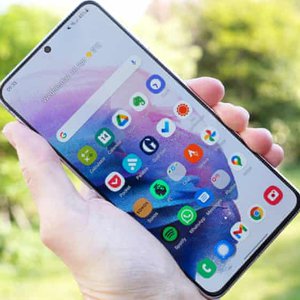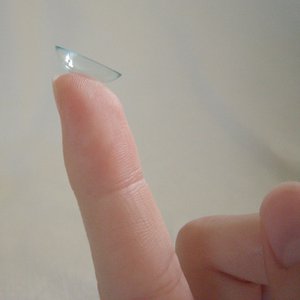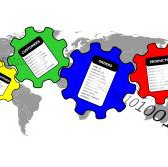Found total of 23 items and showing 12 items on page 1 of 2
Do Birds of a Feather Flock Together?


Our Mobile Development Service (MDS) was recently approached by Dr Jonny Huck from the School of Environment, Education and Development, to develop a mobile app to collect data related to the movement and gathering patterns (or otherwise) of people in various areas of Chile to see if those sharing the same country of origin tended to visit and/or congregate in groups.
Azure Skies Ahead for MDS Testing


Testing mobile apps is challenging. When released via the app stores an app can potentially be downloaded onto numerous different sizes, makes and models of phones which run either Android or iOS with different operating system versions. Automated testing on the cloud provides affordable access to a large subset of these devices. Read about how our Mobile Development Service (MDS) makes use of Microsoft’s mobile testing platform on Azure, to ensure quality apps are released to the stores.
Aiding Breast Cancer Prevention in Under-supported Groups


Research Software Engineers Patricia Barnby and Adrian Harwood, of our Mobile Development Service, have developed a new app in partnership with The Nightingale Centre, Wythenshawe Hospital and the Manchester NHS Foundation Trust. It targets women under the age of 35 with a family history of breast cancer – a group for whom there is little support available at present.
A Spectacle of Lens Research


Dr Michael Read, New Technologies Manager at Eurolens, commissioned our Mobile Development Service (MDS) to produce a showcase to demonstrate how the use of a mobile app for data collection can be user friendly and enable more frequent and timely data collection as opposed to conventional paper-based surveys.
LinguaSnapp Gets a Facelift


Read about the new LinguaSnapp mobile app developed by our Mobile Development Service (MDS). Supporting the Multi-Lingual Manchester project, it is available in three flavours (Manchester, Jerusalem and Melbourne) and was built for Android and iOS using our favourite .NET cross platform framework.
CHaPEL: Cleanliness is next to...?


Our Mobile Development Service (MDS) has been working with School of Health Sciences PhD student Sewon Lee to assist in building an app on a very limited budget that allows hospital cleaning staff to log exposure to, and usage of, hazardous products in their role.
MacOS blocking you from installing your own apps?


If you write your own MacOS apps and distribute them outside the Mac App Store then you will find your apps blocked by Apple’s Gatekeeper software if you run MacOS Catalina or later. Find out how the Mobile Development Service can help you with our Notarization Service.
Mobile Service features in “Research On the Go”


Research Software Engineer (RSE) Patricia Barnby and Mobile Development Service (MDS) lead Adrian Harwood were recently guest panellists on the popular Society of Research Software Engineering webinar series where they discussed how RSE groups handle the growing demand for mobile apps from researchers.
The Three Tiers of MDS


Research software engineer Patricia Barnby describes the Mobile Development Service (MDS) 3-tier service model to help support the wide range of researcher needs around mobile apps.
Mobile, Desktop and Watches - can you have it all with MDS?


Did you know that the Mobile Development Service (MDS) can deploy your apps to run on Windows 10 and MacOS? We can also develop apps for your smart watch!
The Pain of a Data Collection Mobile App


For those with long term, constant and often debilitating pain, taking part in a study requiring multiple questionnaires on levels of pain to be completed would be difficult, if not impossible. Research Software Engineers have developed an app for mobile devices to make this a much easier prospect.
Mobile Development Service Explores Lockdown Lethargy


The Rest-Activity Pattern app (RAPapp) developed by Research IT’s Mobile Development Service (MDS) allows users to send sleep and activity data measured by their smart watches or fitness trackers to University researchers, while sharing their personalised “activity plots” to their social media. This is all part of a priority project looking at how the lockdown has affected rest-activity patterns in EEA countries.
